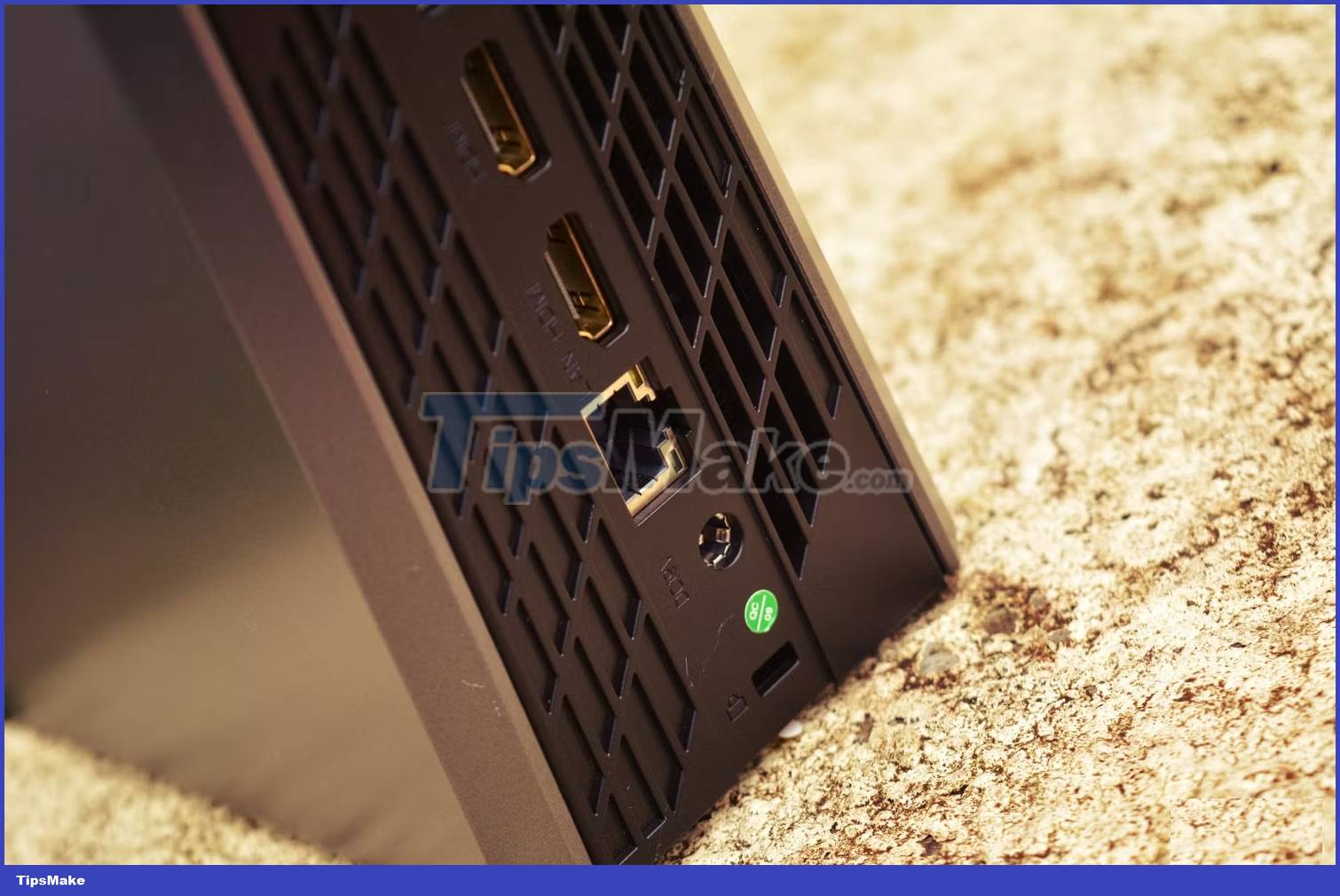Difference between HDCP and HDMI
It's not uncommon to hear people use HDCP and HDMI interchangeably. However, these are two separate technologies that serve different purposes - although they work together to help you enjoy digital content to its fullest.
What is HDCP?

High-bandwidth Digital Content Protection (HDCP) is a communication protocol that protects copyrighted digital content from being recorded. That means, if you're streaming such content, every device you have, from the source to the display and the cables connecting them, must be HDCP compliant. Otherwise, you will get a blank screen or an HDCP error message.
With HDCP, what happens is that the source, such as a Blu-ray player, cable box, or streaming box, transmits the encrypted signal over the cable to the display device, such as a smart TV, projector, or screen. The two devices then begin a process called a "handshake," in which the devices exchange security codes to authenticate each other using the HDCP protocol. If successful, the display device will decode the signal and display the content for you.
One thing to note is that HDCP comes in different versions: HDCP 1.4 and HDCP 2.2. If you're watching anything that's 4K or higher, you should make sure your setup includes HDCP 2.2 compatible devices and cables. On the other hand, if one of the components is HDCP 1.4, you will most likely get a downgrade from 4K (UHD) to 1080p (Full HD) because the "handshake" process will be partially complete.
What is HDMI?

High Definition Multimedia Interface (HDMI) is a digital interface (a way of connecting two digital devices), allowing audio and video transmission. That's why when you hear someone say "HDMI", they're usually talking about the cable that connects to the source's HDMI port and the display. These cables ensure that the signal from the source is compatible with the display.
HDMI cables are HDCP compatible, meaning you can connect two HDCP compatible devices. Another type of HDCP compatible cable is the Digital Visual Interface (DVI) cable and it is also available on some display devices.
Difference between HDCP and HDMI
Now that you know what HDCP and HDMI mean, the difference is clearer: HDMI is about software and HDMI is about hardware. HDCP is a security measure that ensures protected content cannot be recorded while being displayed. HDMI is a physical medium, a cable, for transmitting signals between digital devices.
HDCP only serves the interests of owners who want to prevent piracy of their digital content. This may inconvenience you in some cases, but if all components in your entertainment setup, including the HDMI cable, are HDCP compliant, you will be able to enjoy the content without hindrance. What a shame.
Knowing the difference between HDCP and HDMI will keep you from using them interchangeably like many people do.
 Complete set of latest Southwest Florida codes 11/2023
Complete set of latest Southwest Florida codes 11/2023 How to Export Video in DaVinci Resolve
How to Export Video in DaVinci Resolve The latest ChatGPT update allows for the creation of completely custom GPT models
The latest ChatGPT update allows for the creation of completely custom GPT models What is white balance in photography?
What is white balance in photography? 6 Windows emulators for browsers
6 Windows emulators for browsers How to create AI chat on Instagram
How to create AI chat on Instagram